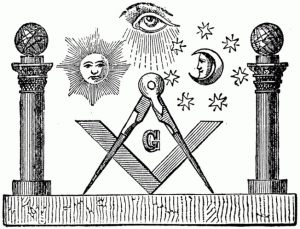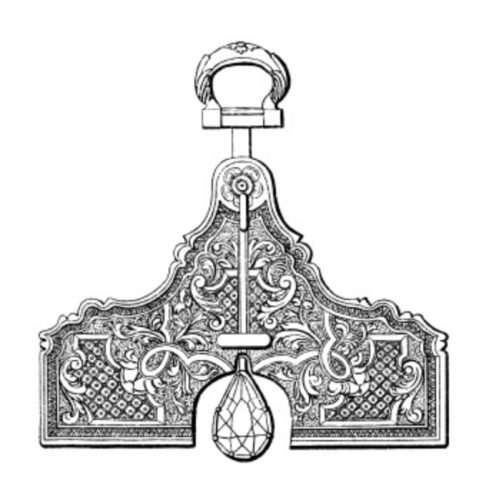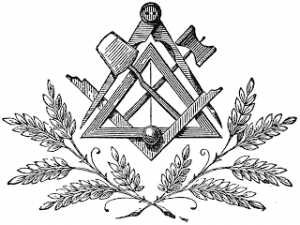“The Freemason is a free man of good standing, who has been initiated in a lodge belonging to the Order.” (Source: Declaration of Principles of the Order of Freemasons in the Netherlands)
A freemason comes out of their own free will to the lodge and remains out of free will. He is “No one’s master, no one’servant.”. His freedom means at least:
It are these liberties that enable the mason to do its job. Still – even, or especially now – he has to defend them vigorously.
Stems from the tradition of Freemasonry, which originated in a time when women could not join these kind of societies. Now, there are also a mixed Order ( ‘Le Droit Humain’) and an Order for women (the ‘Order of the Weavers’)
Freemason abides by the laws and legal system of the country in which he lives. In addition, we assume that respects the liberties just mentioned.
Freemasonry is an initiation society, which has three degrees. At the beginning of each degree the freemason undergoes an initiation ritual, which includes symbolic trials and taking a vow. The three successive initiations – as apprentice (stage of introspection), fellow craft (the outside world, being in service of our fellow human beings) and master (a vantage perspective and duty) – symbolically express the growth of a consciously living human being. A freemason decides how he gives form to these.

Freemasonry is only practiced in lodges, which refers to medieval England, where builders and masons of cathedrals lived and worked in lodges. These are local associations belonging to the national Order. The number of members per lodge ranges from a minimum of seven to over a hundred.
A national Order gives structure, and reinforces the identity of Dutch Masonic lodges. Anno 2016 there are approximately 5740 freemasons, divided over 140 lodges.

Although among masons there are many differences, we share a number of values with each other:
Liberty, Equality and Brotherhood have special value to Willem Fredrik, due to the French origins four lodge.
A Freemason decide how he gives meaning to what is offered to him and what’s left of him is expected as Mason.

Freemasonry differs from other institutions through it’s method. Freemasons perform rituals together. In addition, we use symbols through which we seek perspective.
Symbols allow us to transfer concepts which are hard to capture in words. Many symbols have an architectural nature, such as compasses, hammer and chisel, building stones and many more. At the heart of the symbolic framework of freemasonry is the construction of the Temple of Solomon, the symbolic Temple of Perfection. This “construction” from masonic perspective, symbolizes the lifelong pursuit of the ideal state, the perfect man (kind).
Freemasonry has a strong personal aspect. There is no specific and generally accepted meaning of the rituals and symbols. That means that every mason must experience and interpret these symbols for himself. He must be able and willing, and he must find it fascinating and interesting. The rituals and symbolism in a Masonic ceremony are an encouragement to act by them in everyday life as well. Freemasonry is ultimately extrovert and practical, focusing on the world.
Modern society has lost a sense of community. Relations are increasingly individualistic; tailored to personal financial, social or romantic advantage. The Netherlands have become repartitioned; old institutions such as political parties, trade unions and broadcasting channels seem to have lost their function and attraction. The trusted concept of employment has changed, the Netherlands now has about 1 million self-employed workers. But a lodge has a special kind of community, of respect, of brotherhood. One is mason to develop, to sharpen the mind, “to be better person,”. The context in which this happens is ‘brotherhood’. You have do it yourself, but you are not alone, because next to you stands a brother. The brotherhood is also a learning experience. Learning to be open to another, and learning from your differences is one of the “secrets” of Freemasonry.